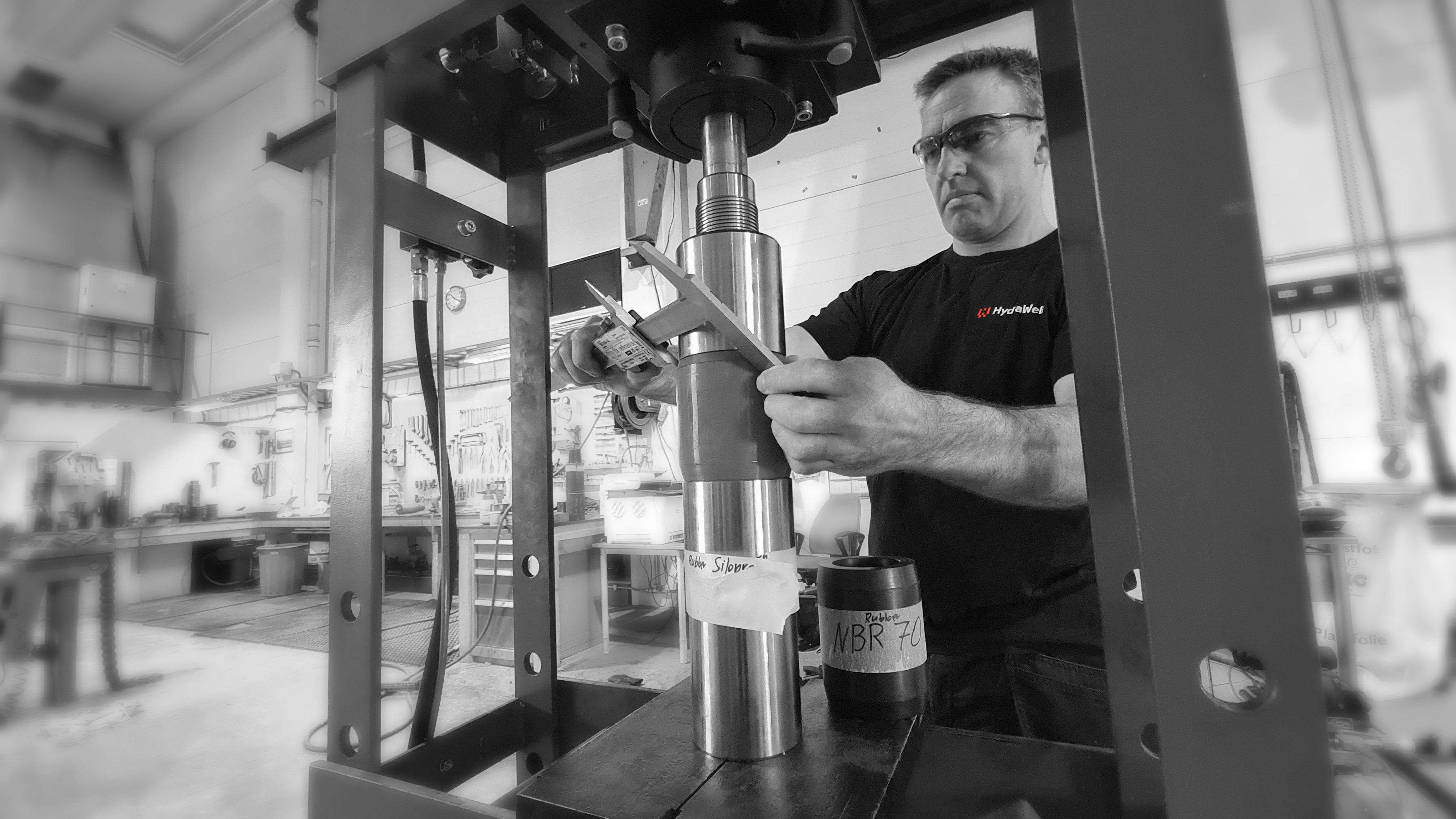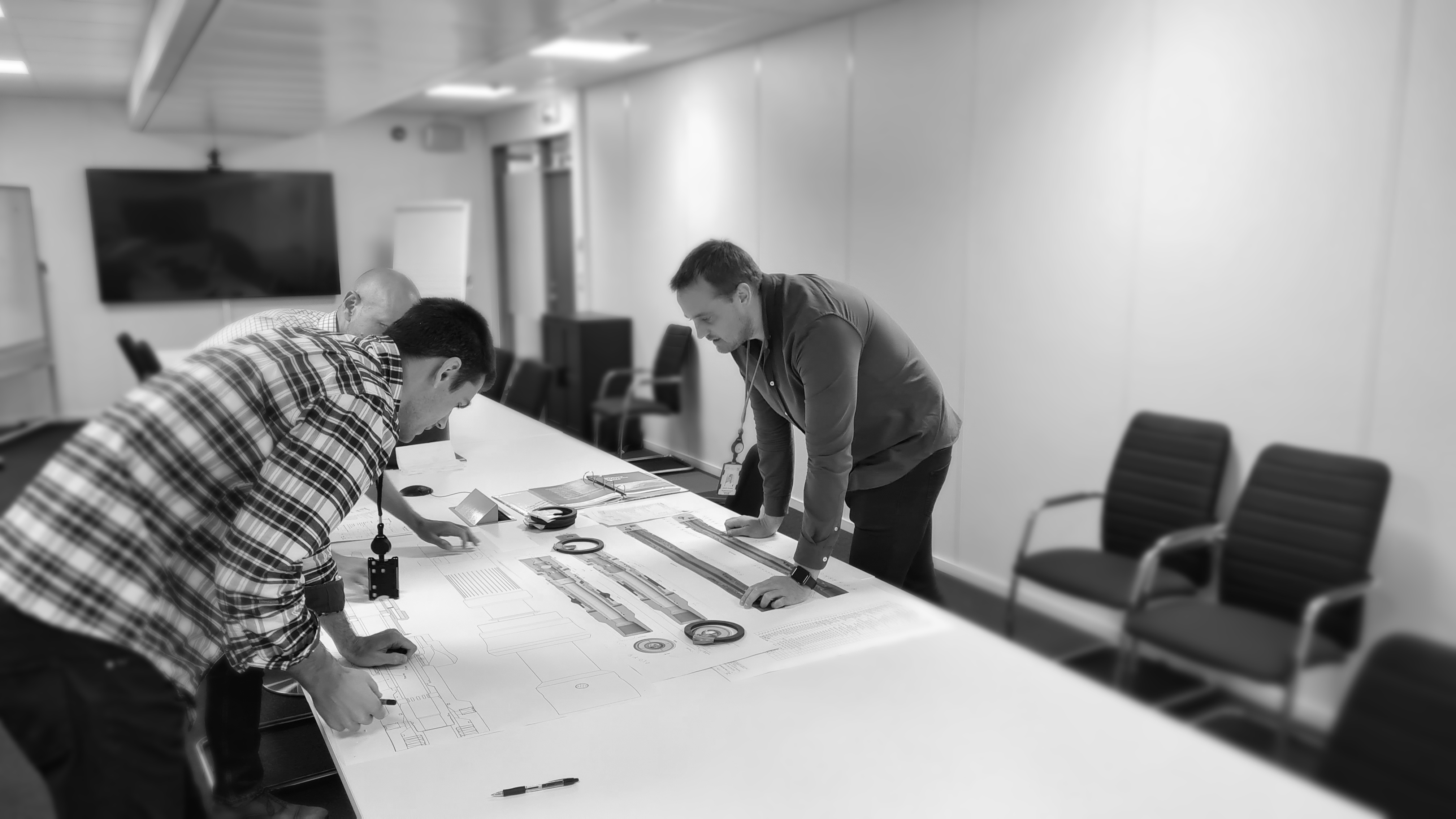Breaking down barriers with flexible pricing strategies for Well Operations
Co-authored by Tom Leeson: HydraWell and Alex Leddy: Business Growth Solutions
Pricing for well operations generally relies on a fixed price model which provides clarity for budgeting and comparative assessments between suppliers. This is common practice for a wide range of commodity-based services, and we would suggest that it works perfectly well because you can easily compare scale and delivery expectations which are relatively straight forward.
But can the same be said for highly differentiated, or unique service offerings? We are not so sure. In fact, today there are many services which we accept paying a variable cost for. We are familiar with the price of an airline seat being based on when you book, even if it is the same seat on the same aircraft, at the same departure time and the same destination. There is a perceived value in last minute booking. Equally, we frequently pay varying prices for a hotel room or an Uber ride, based on availability.
What’s this got to do with well operations, I hear you say?
From a well operations perspective, the value that many services and technologies bring is related directly to the rig time that these methodologies and techniques save. However, the value of the rig time saved varies significantly depending on the asset type. For example: is it for a high-cost semi-submersible spread, a low-cost land rig or an offshore platform operation? This is no more acute than in the Decommissioning & Abandonment space. AbEx (abandonment expenditure) and Decom are cost burdens to the asset holder, and any spend that has no ROI, means there is no incentive to spend if it’s not absolutely necessary, let alone on ‘quality’.
This variability is mainly driven by an external factor which leads us to think that fixed rate pricing is not always going to deliver the best value for our customers.
We believe any change from a fixed price model must have value for the buyer. Currently, a fixed price model drives the supplier to limit supply of high-value technologies to the high cost operations, as any other action erodes their price point.
So, adopting a flexible pricing model can bring value to customers with a mix of high and low-cost operations as the technology can be available to all operations.
BUT. Is the industry ready for this conversation?
We hope so. We have to continue evolving because an industry that stands still will die.
In the last couple of downturns, we have noticed a stripping out of costs, demands for sometimes unsustainable discounts and lowest-price awards. These decisions and demands have long lasting and uncertain consequences on the greater supply chain.
HydraWell is built on a desire to re-think existing Well Integrity Operations, push boundaries and discover new ways of working.
Through ‘Innovative Contractor Engagement’ (ICE) strategies we can work within the constraints of the operator, find solutions to both technical and budgetary restrictions and agree sustainable future-proof contracts that are win-win outcomes even in the most challenging of environments.
We would love to hear your thoughts on this thought-provoking topic of flexible well operation pricing models and the added value that could be delivered.
The HydraWell team is wondering whether an online think tank session would be of interest for a select body of well operation experts to discuss, ponder, debate, challenge and consider ideas around flexible pricing strategies.
If you are interested, we’d love to hear from you. Please register your interest below and we will be in touch:






